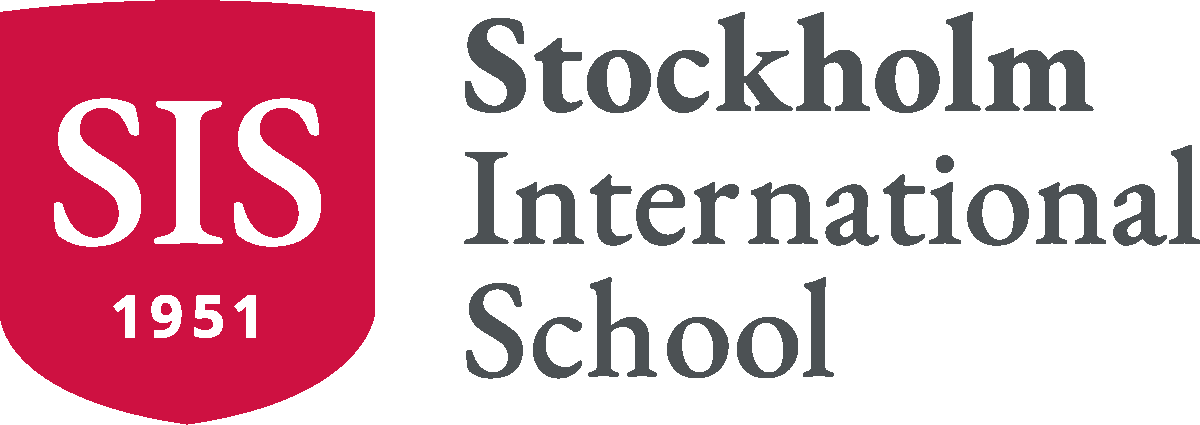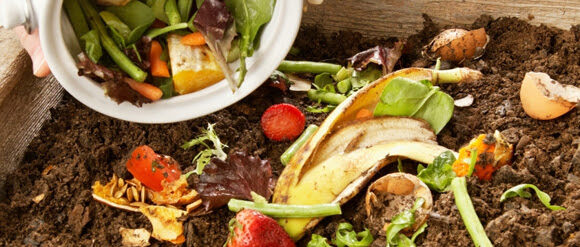Flagging our success
Part of the SIS 70th anniversary impact series.
If you have noticed in the last year or so that there seems to be an increased emphasis on recycling in the school, noted posters about ‘roots and shoots’, and been aware of references to the UN Sustainability Goals in classwork exhibits on the school noticeboards, then chances are you are looking at the work of SIS’s very own sustainability champions among students and staff.
And you won’t be the only one to take notice. SIS has been named as one of the top five schools in all of Sweden participating in the ‘Green Flag’ scheme. Green Flag is a unique learning programmme in sustainable development, operated by ‘Keep Sweden Clean (Håll Sverige Rent)’ and is part of the international network, Eco-Schools. The programme invites Sweden’s schools and businesses to translate knowledge into direct action.
Stephanie Bradford, who teaches Product Design in the Middle Years Programme, is the staff member coordinating the school’s efforts. ‘I’ve been delighted by the enthusiasm with which students have engaged with the sustainability issue, not just where it features in their school work, where we might address more sustainable product design, or examine the trade-offs between local versus international production, for example.’ The students are taking the ideas home and applying them in everyday life, she says. ‘They are thinking about their consumption, seeking to reuse materials where possible, and applying the ideas to everything from the things they buy to the things they eat.’
The three projects SIS developed during the first year of its Green Flag participation included a sustainability microsite. The site brings together a wealth of informative resources on subjects like materials technology and climate change, suggestions for sustainability lessons in the classroom, and environmental success stories. The site also hosts a recording of a webinar organised and co-hosted by SIS student Fanni Välisalo, where she talks about the collaboration between students and staff at SIS to actively reduce the rubbish issue in school – another of the Green Flag projects.
Alongside Green Flag, Fanni, Filippa Strömberg, and Aaratrica Parameswaran have been busy running Roots and Shoots, an environmental club operating at SIS that works on projects that promote environmental engagement. Among their early accomplishments is the publication of an online Sustainable Cookbook 2020-21! The cookbook provides ideas for sustainable cooking to students and faculty across grades 6-10. You can discover the cookbook here, and the Roots and Shoots team promises a vegan edition is in preparation!
Filippa is immensely enthusiastic about her Green Flag experience and involvement in the sustainability projects at SIS: ‘Taking part in the Green Flag journey as a Roots and Shoots board member was a rewarding opportunity from the beginning, when we heard the initial goal of the Green Flag project, and later hearing the announcement of our nomination in the top five schools. It made me feel part of a bigger movement taking place all throughout Sweden. Overall it was a large success and a great learning opportunity.’
So what of the future for sustainability at SIS? Stephanie Bradford feels SIS is only just beginning. ‘We started with great enthusiasm, and although we were held back somewhat by the pandemic, it hasn’t gone away. Despite a few teething problems, sustainability is now firmly on the agenda at SIS, and we’ve identified new projects to continue our involvement in Green Flag.’
Those projects include focusing on and reducing the consumption of single-use plastics, sustainable purchasing to examine trade-offs among price, carbon footprint, and other environmental impact, and staff and student wellbeing – a reminder that ‘people’ is one of the three pillars of sustainability alongside planet and profit.
Stephanie is delighted that the engagement with the sustainability work has been so positive: ‘Not only are we getting the message around the school, the students are taking it home, influencing their parents and peers, and championing sustainability in everyday life.’









